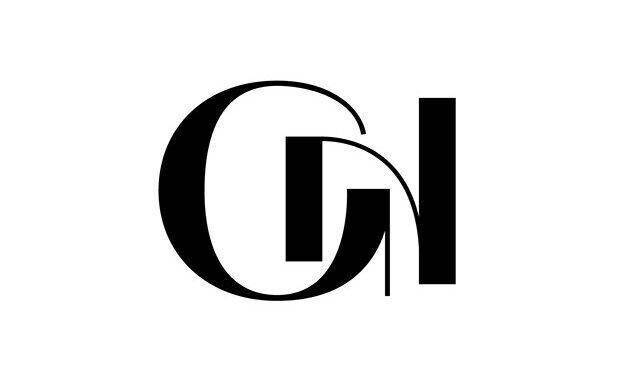Election2015: Eternal Baby Syndrome
Election2015: Eternal Baby Syndrome
In the course of researching corruption and misgovernance in Nigeria it is not too hard to observe public servants and politicians. These persons of very high status and education plead that they are “still learning” when their heinous and embarrassing incompetence and failures come to light. Sixteen years of democracy has not been sufficient to discard or start to discard this attitude towards public service. Well, because there has to be a ready-made excuse for their blunders and malfeasance since there is never a credible one for corruption. The postponement of the 2015 general elections is no different.
The great excuse for incompetence and failure on the part of public officials [and they pathologically believe it], hence, our democracy, is the “eternal baby syndrome”. Each time there is a military coup that overthrows democracy, the birth date of Nigeria starts from zero. At the beginning of the Second Republic, Nigeria as ascribed by politicians was equivalent to a newly independent nation. The same was the case on Nigeria’s triumphal return to democracy in 1999. Public officials would regard the state as a new birthed nascent nation. Today, Nigeria is technically sixteen years old!
Thieving and irresponsible public officials trained at Harvard, Oxford, Cambridge and a host of other institutions of excellence rule the coop. When you confront them with their mediocrity and venality, they suddenly acquire the sensibilities and physiology of a “child.” They plead limited ignorance or naiveté by way of “we are still learning” as if they do not know it is their own unrestricted thieving and vicious prejudices that has caused and fueled the problem. A classic case of socialised ‘Jelkyll and Hyde’ behaviour.
The military still carries the blame for the highly visible and excruciatingly embarrassments of governance under democratic rule. The military even carries the blame for permitting and entrenching a deep pervasive culture of corruption in the country. This is where the antinomy of cyclic madness starts. First, democracy is widely supported by the Nigerian people to correct the ills of the military years of rule. Second, the raison d’etre for military coups in Nigeria has consistently been corruption including electoral corruption. Third, the elected government has 4 years to prove themselves as popular or unpopular and to prepare for the next general election but magically it expects 6 weeks to be sufficient to “fulfill all righteousness”.
The democrats in government routinely engage in hyper corruption which is an incentive for them to engage corrupt electoral manipulations [they have to keep stealing with impunity] which in turn makes it necessary, even justified, for the military to return to take over reins of power. Over and over again.
The postponement of elections has created a good opportunity for the return of the military to power in Nigeria. If it does not happen it will not be because democracy is flouring and succeeding in Nigeria. The opposite is the hard cold reality. The Nigerian state is so weak now that any well organised armed group or foreign power can secure power in Nigeria with little ado. Nigerians politicians while robbing their nation to the bone marrow relies too much on the West for its legitimacy and support. But such has never been a beneficial, pragmatic or sustainable strategy for a state to acquire enduring stability. At best it is ‘glorified neocolonialism’ and most Nigerian leaders seem to cherish it with undying tenacity. What will keep the military out of power would be an extension of corruption by “bribing” soldiers. Those who can carry out coups, with vast fortunes. A bad democracy needs such a practice and it can spiral out of control. A self-blackmailing strategy.
Democracy in Nigeria fails its people as much as the military did. However, the Nigerian people must not forget that it is the performance and outcomes produced by the leaders of democratic government that necessarily invites the military to power as reinforced cultural heritage of the nation; this is the enduring state of consciousness of the democratic state in Nigeria. Until things start to be done properly in governance, this will be Nigeria’s inevitable default heritage. It is a real threat not easily perceived. Most critics of the military in Nigeria never see this flaw in politics; it is too repugnant a pill for them to swallow but this reality is ever with the Nigerian state. The vote is not enough to secure democracy and the postponement of elections corrodes some of its usefulness. See http://www.xclusive.ie/2015-elections-your-vote-is-not-enough/
Nigerians simply want democracy, when will they get? With the possible restart of the ‘eternal baby syndrome’ looming, it is not looking good for anyone. We hope for better.
Grimot Nane



